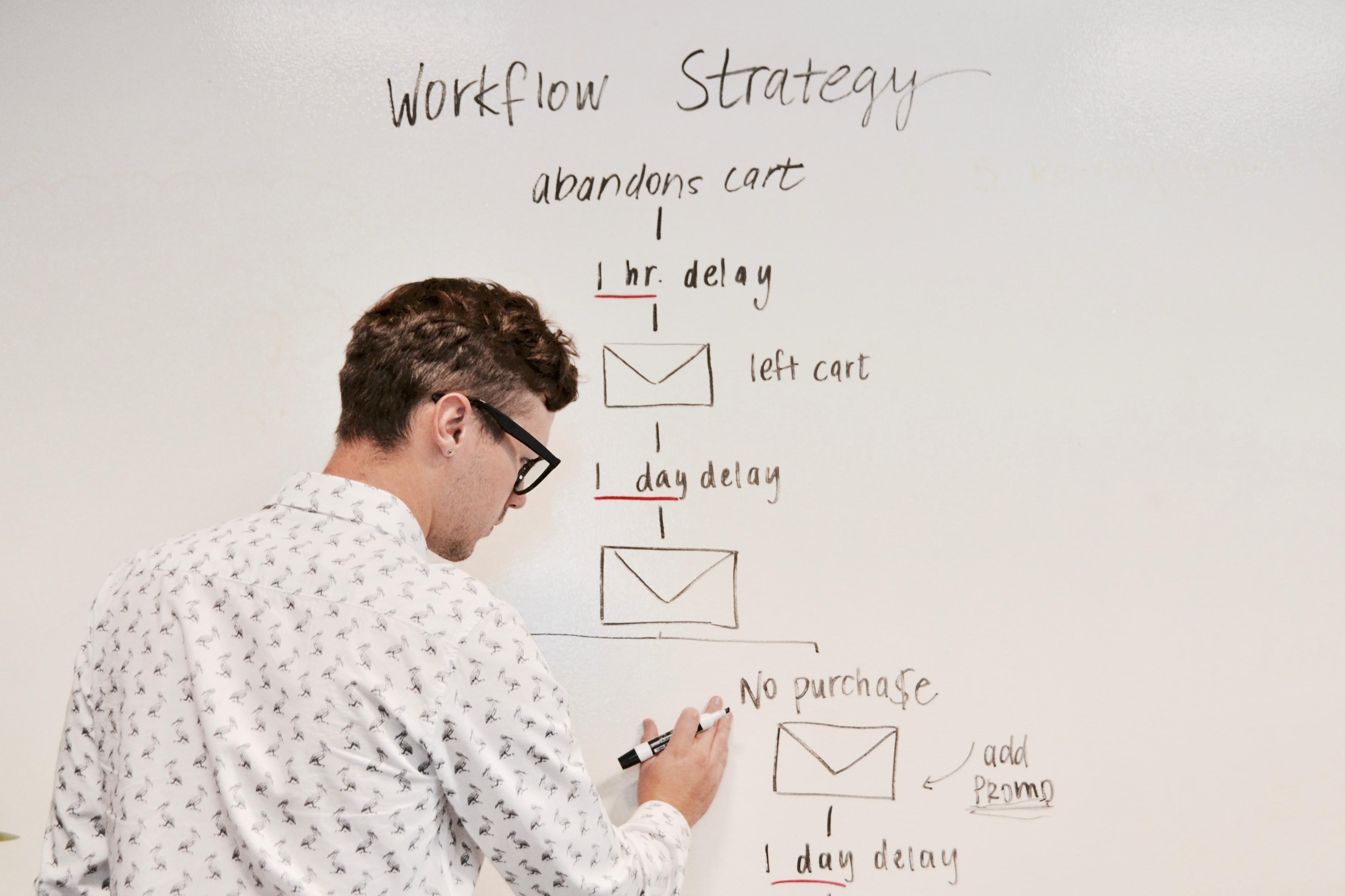
This article was created in partnership with monday.com. Thank you for supporting the partners who make SitePoint possible.
Software development remains a complex task which balances analysis, planning, budget constraints, coding, testing, deployment, issue fixing, and evaluation. Large projects often fail because no one can comprehend the full extent of requirements from the start. Those requirements then change with each revision of the product.
An agile development approach can mitigate the risks. There are many flavors of 'agile', but most rapidly evolve a product over time. Self-organising teams of stakeholders, designers, developers, and testers collaborate to produce a minimum viable product which is extended and revised during a series of iterations - or sprints.
Ideally, a fully-working product is available at the end of every sprint. Changing requirements can determine the priorities for the next sprint.
Crucial Collaboration
Communication distinguishes agile from more traditional waterfall workflows. Teams work together on a particular feature so developers and designers can quickly provide feedback when a requirement becomes impractical or more cost-effective options can be identified.
A variety of tools and software is available to help teams collaborate. There are two general options:
- Separate tools for specific tasks. For example, a feature may be described in a document which is transferred to a to-do list which becomes a pull request and inevitably has bugs reported.
- All-in-one tools which manage the whole process.
The following tools can all help manage your agile workflow.
monday.com
monday.com has rapidly become the full agile management solution for 80,000 organizations within a few years.
monday.com offers a completely customizable application for numerous use-cases such as agile project management. Powerful features include:
- quick-start project templates (there are over 100 template that are completely customisable to fit your needs)
- attractive at-a-glance project state dashboards, so you can easily track progress and identify bottlenecks in a "big picture" view
- intuitive collaboration with team members and clients using @mentions
- easy file sharing, so you'll always know where your most updated files are
- multiple views to track progress (reports, Kanban boards, Gantt charts, calendars, timelines etc.)
- task management, time and deadline tracking
- automations and integration with other applications to keep everything in one place, so you can focus on the important stuff.
Prices start from $25 per month for five users, but a 30 day free trial is available so you can assess the system.
The post 10 Tools to Help You Manage Your Agile Workflows appeared first on SitePoint.
by Craig Buckler via SitePoint
